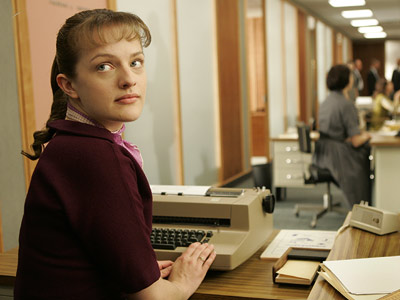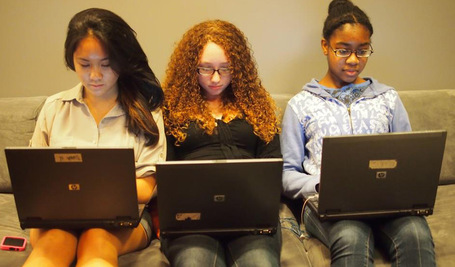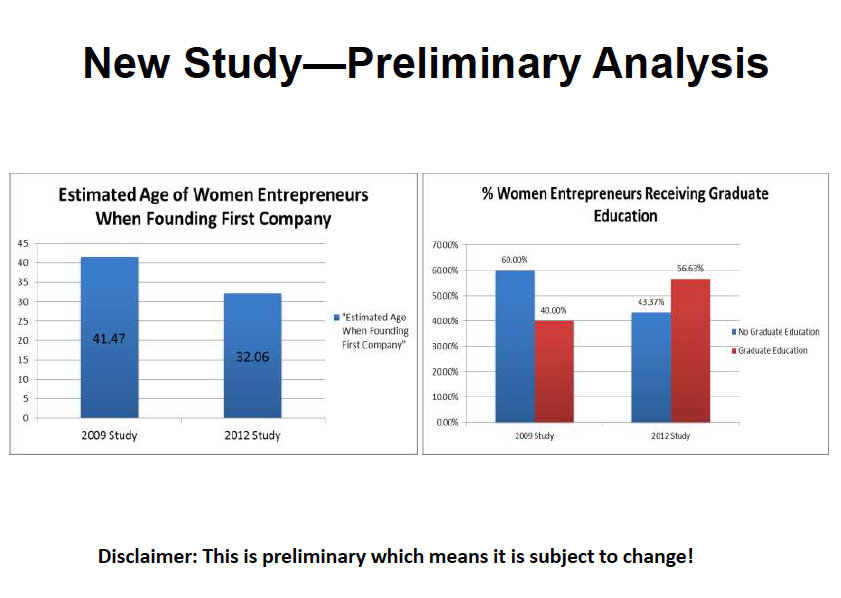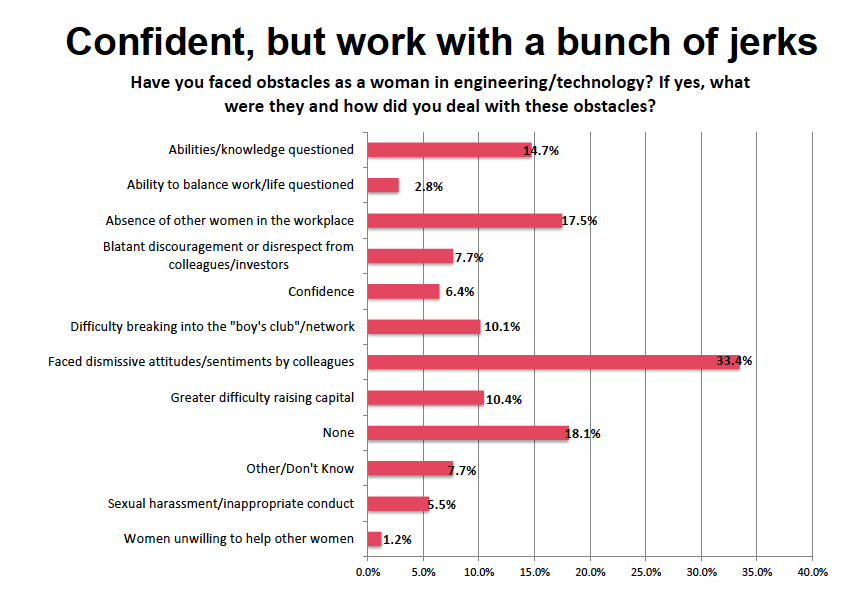February 7, 2013
 (Photo via Flickr, courtesy of eat more toast)
(Photo via Flickr, courtesy of eat more toast)
When I graduated from college in the early 1990s I had no idea what I wanted to do with my life. All I knew about my next stage was that it would involve a keyboard. My mother's career advice came down to her insistence that, whatever else I decided, I take a typing course. A girl couldn't go wrong learning how to type. She was a secretary in the 1960s and still tells wonderful stories about the characters she worked for back then, at companies like ad agency J Walter Thompson and the BBC. Then again, back then, few people expected a woman to be anything other than secretary, teacher or nurse.
I'm thinking about all this again because there's a sudden glut of coverage about secretaries at the moment. In late November the US Census Bureau released its latest 'equal employment opportunity tabulation', and said more women were employed as secretaries than in any other occupation (3.8 million women, to be precise). And that 96 percent of those in administrative positions are women. Oh, and that men in admin positions get on average $5,000 more a year than women. All of which has sparked a round of articles in the last few days along the lines of, 'Why are women still secretaries in this day and age when they're getting more degrees than men?'

I'm an ex-secretary (that's not me, it's Peggy Olsen from Mad Men). In the early '90s, I took it as a given that I would go into some company at entry level, entry level meaning being someone's assistant. Both my parents supported this idea. Indeed, they encouraged it. In their experience it was what women did to get a foot on the ladder, and I didn't even question the fact that a man was unlikely to enter a company in the same way. So I got a shock when at one job interview (I can't even remember the company) the female interviewer said, 'So what's a clever girl like you doing wanting to be a secretary?' I was gobsmacked. I had no idea how to respond and can only remember muttering something that at the time struck me as clumsy and inadequate. Clearly it was, because I wasn't asked back. (Unlike in the US, by the way, the word 'secretary' was very much alive and well in Britain 20 years ago.) As I had no real career aspirations other than to do something I enjoyed, I ended up working as a secretary/assistant for about six years during my twenties, both in England and the US, hoping I'd land in an industry I liked and 'work my way up', as thousands of other women had before me.
What I loved about the role of assistant was helping people. That, and the appreciation I received from good bosses, were by far and away the pleasantest things about it - and as we all know, (most) women get satisfaction from helping others to a far greater extent than (most) men. I'm also organized and efficient, so the role used my skills to good effect. I don't doubt that these roles can be very satisfying long term (check out this Huff Post Live segment featuring three current and highly educated assistants, including one guy, for some perspective on this, particularly their views that being an assistant allows you to have a sane after-work life and still do challenging work). In my case, though, I reached a stage where I was bored, and wanted to do more than support other people. I wanted to do my own work. What, to me, is concerning about the fact that more women do secretarial work than anything else, is that it suggests we still don't have the confidence to go beyond being helpers, facilitators of other people's lives. I realize the role of an assistant has changed hugely since the '50s and '60s and probably even the late '90s. Taking dictation is long gone. But I can't help wondering if some of today's female assistants are like I used to be: not looking any further because they don't have enough confidence to step out and do other work. One of the main reasons I'm producing The Broad Experience is to encourage women to realize they can do more then many think they're capable of.
Then there's the flipside of this story: why have men abandoned secretarial roles almost entirely? As with so many stories about women, the other story is as much about masculinity and the way we think about that, as it is about femininity and what is a suitable, or unsuitable, job for a woman.

 Then there's this slide, which asks what kinds of obstacles, if any, the women founders have faced. The most reported? Dismissive attitudes from colleagues.
Then there's this slide, which asks what kinds of obstacles, if any, the women founders have faced. The most reported? Dismissive attitudes from colleagues.

